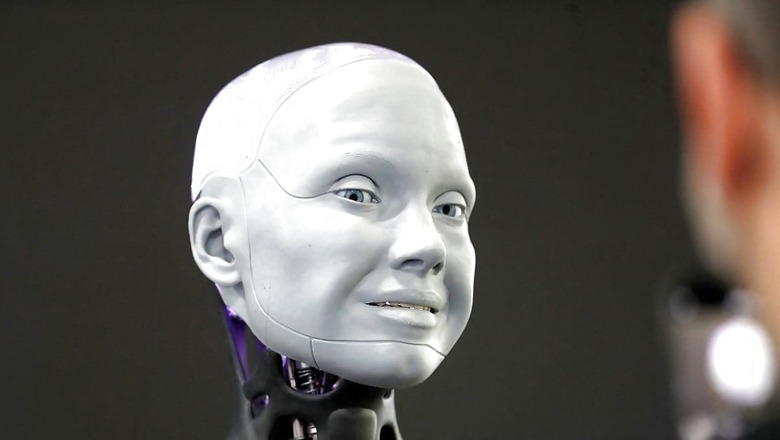
views
Artificial intelligence (AI) is not just a catchphrase in the rapidly changing banking and finance sector; rather, it is a revolutionary force that is fundamentally changing the sector. A relevant question that comes up as financial institutions adopt AI technologies is whether or not AI will eventually replace humans in the banking industry. The answer is complicated financially because it strikes a careful balance between improvement in technology and the value of human interaction.
AI integration has improved efficiency and streamlined procedures in banking operations. The time and effort needed for routine tasks like data entry, transaction processing, and customer questions has drastically decreased thanks to automation, which is made possible by AI algorithms. In addition to saving time, this increased efficiency frees up human workers to concentrate on more intricate, strategic jobs that call for creativity, critical thinking, and emotional intelligence.
Customer service is one of the prominent sectors where AI has had a major impact. Artificial intelligence (AI)-driven chatbots and virtual assistants have advanced to a point where they can now instantly assist clients and answer their questions around-the-clock.
To increase consumer pleasure and engagement, these clever bots can respond to common questions, make tailored product recommendations, and even help with complicated transactions. These technologies are excellent at performing monotonous chores, but they lack the human element needed for more complex interactions.
AI has also transformed risk management and fraud detection in the banking industry. Real-time machine learning algorithms examine enormous volumes of data to find trends and abnormalities that could point to fraud. This proactive approach to cybersecurity has significantly reduced the occurrence of fraudulent transactions, safeguarding both banks and their customers. However, human expertise remains crucial in interpreting the results and implementing appropriate measures to address emerging threats effectively.
Moreover, AI-driven data analytics has empowered banks to gain valuable insights into customer behavior and preferences. By analysing vast datasets, banks can tailor their products and services to meet the specific needs of individual customers. This personalisation enhances customer experience and fosters customer loyalty. Nevertheless, the human ability to interpret these insights, devise marketing strategies, and build relationships based on emotional intelligence remains indispensable.
While AI has undoubtedly transformed the banking sector, the notion of complete human replacement is far from reality. Banking is inherently a people-oriented industry, where trust, empathy, and understanding is paramount. Human bankers possess the ability to empathise with customers, understand their unique financial goals, and provide personalised advice tailored to individual circumstances. These qualities are fundamental in establishing strong, long-lasting customer relationships that AI, despite its sophistication, cannot replicate.
Furthermore, the ethical and regulatory dimensions of banking require human oversight. Decisions related to lending, investments, and compliance necessitate a nuanced understanding of legal frameworks, ethical considerations, and social implications. Human bankers navigate these complexities, ensuring that banking practices align with ethical standards and legal requirements. AI can assist in data analysis and decision-making but lacks the ethical discernment and contextual understanding that human bankers bring to the table.
In conclusion, while AI has unquestionably revolutionised the banking sector by automating processes, enhancing customer service, and mitigating risks, it cannot completely replace humans in this industry. The synergy between AI technologies and human expertise is the key to unlocking the full potential of the banking sector. As the banking sector continues to evolve, the collaboration between AI and human intelligence will undoubtedly shape a more efficient, secure, and customer-centric future for the industry.
– The author is Chief Financial Officer at Veranda Learning Solutions. Views expressed are personal.




















Comments
0 comment